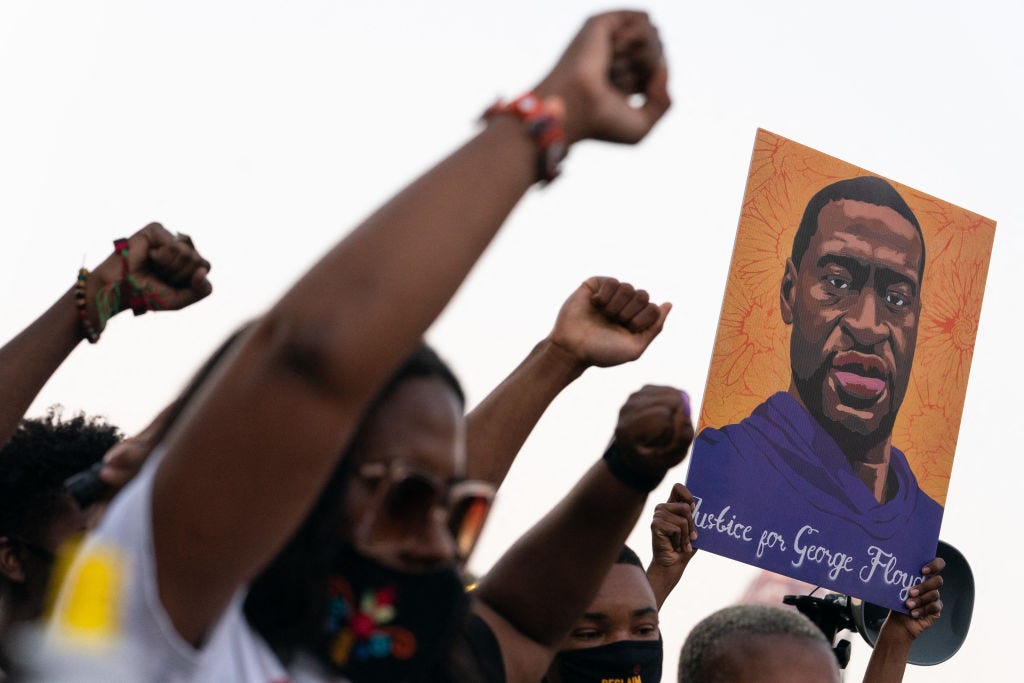The climate case for abolition
Minnesota climate justice activist Sam Grant makes the case for police abolition in the wake of the Derek Chauvin verdict.

Yesterday afternoon, former Minneapolis Police officer Derek Chauvin was found guilty of murdering George Floyd last summer by kneeling on his neck for 9…


